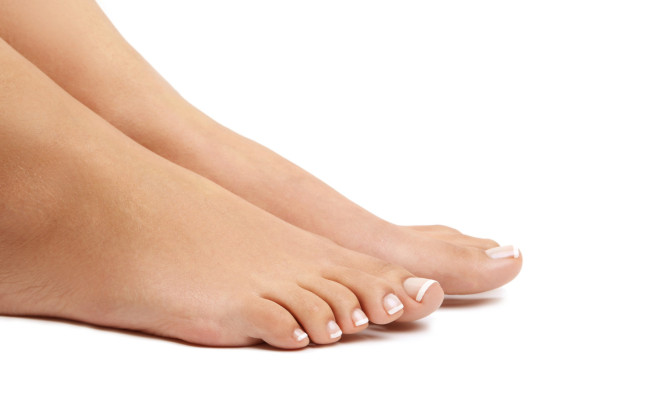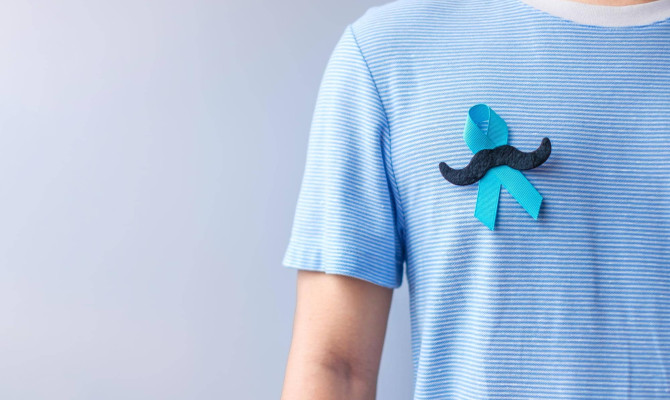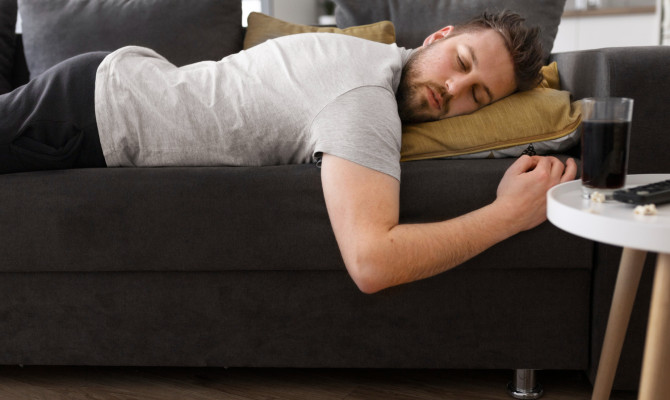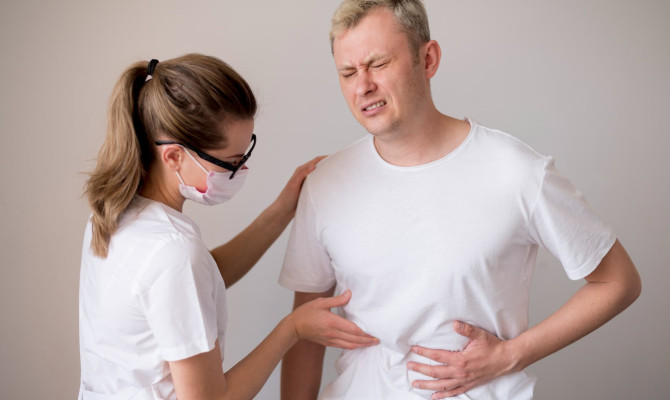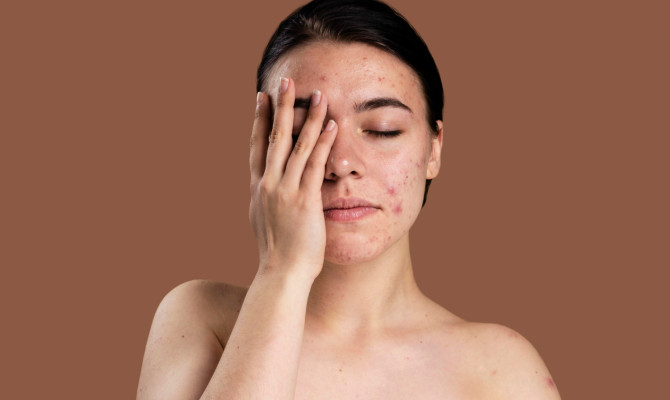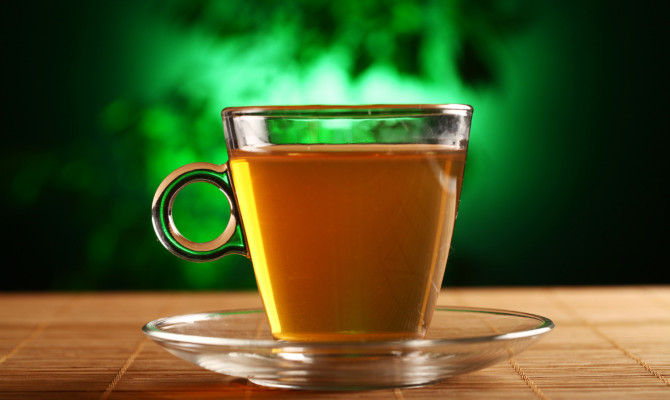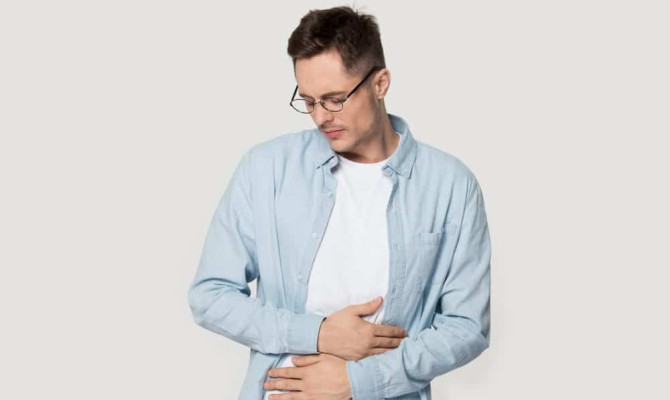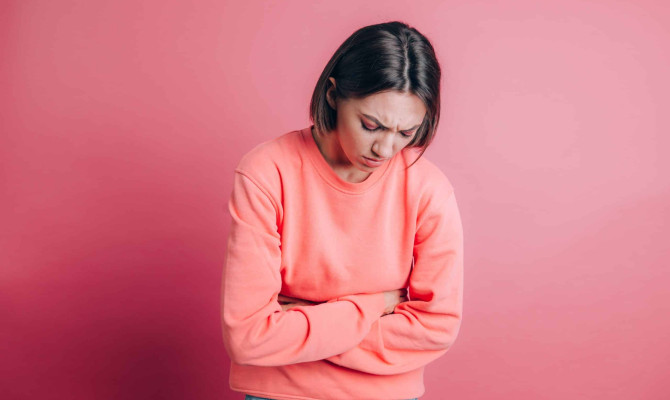Aromatherapy and its significance

- Aromatherapy
- 14 Aug 2023
Overview
What is Aromatherapy?
Aromatherapy is a complementary therapy where essential oils are used to treat problems like pain, nausea, overall well-being, depression, anxiety, stress, and sleep deprivation.
It can help with anxiety before surgery, cancer treatment 1What is aromatherapy | Researched based study from Cancer.gov , supportive care in terminally ill patients, care facility, and situations related to end-of-life. 2What is aromatherapy | Researched based study from Nlm.nih.gov Essential oils are used in aromatherapy because of their healing and therapeutic qualities. 3What is aromatherapy | Researched based study from Nlm.nih.gov The aroma particles in the essential oils get inhaled straight into the brain from the olfactory nerves, where they have a particularly strong effect on the emotional part of the brain. The two most popular ways to use aromatherapy are topically and aromatically. 4What is aromatherapy| Researched based study from Nlm.nih.gov

Essential Oils
What are essential oils?
- Essential oils contain concentrated extracts from plants that still have the original flavor and scent of the plant from which they were made.
- They are created by steaming or pressing different plant parts, such as the bark, leaves, fruits, seeds, stems, and petals, as well as woods, resins, roots, rhizomes, and grasses, to extract the compounds that provide scent.
- The chemical composition of each essential oil varies, and this variation influences the aroma, acceptance, and its impact on the body. 5What are essential oils | Researched based study from Niehs.nih.gov
- Essential oils have various uses besides just producing scents.
- A person can select the best essential oils based on the symptoms they wish to get rid of or the scents they enjoy.
- Essential oils are classified as cosmetics under the US Food and Drug Administration (FDA) regulations since they cannot be used to treat or prevent diseases like medications.
Common essential oils:
Currently, there are more than three thousand different essential oils. 6Common essential oils | Researched based study from Nlm.nih.gov The most well-known ones could be some of the following:
- Lavender oil – reduces anxiety and stress and encourages sound sleep.
- Lemon oil – improves an individual’s mood.
- Peppermint oil – eases tension headaches.
- Tea tree oil – treats acne, foot infections, and bites from insects.
- Eucalyptus oil – fights against bacteria, fungi, bugs, and mites, and offer an easy, cost-effective, and eco-friendly alternative to traditional pest management methods. 7Common essential oils | Researched based study from Sciencedirect.com
- Other frequent essential oils can include cypress, chamomile, patchouli, rose, rosemary, lemongrass, rose, etc.
Application
How to use them?
There are a variety of uses for essential oils, including:
- Indirect inhalation – using a diffuser in the room or placing essential oil droplets on a piece of gauze or tissue close to the patient. 4How to use them | Researched based study from Nlm.nih.gov
- Direct inhalation – using a steam inhaler or a personal inhaler. A few drops of essential oil may be added to hot water and the steam may be inhaled to help a sinus headache.
- Aromatherapy massage – The skin can absorb essential oils. To help loosen up tense muscles, a massage therapist could apply a few drops of essential oil mixed with a carrier oil.
- To apply them to the skin, combine them with carrier oils or body lotions.
- You can enhance facial toners, shampoos, conditioners, liquid soap, toothpaste, and mouthwash by mixing essential oils into them.
- Essential oils may be infused with a skincare company’s formula and into bath products to produce a calming soak. 8How to use them| Researched based study from Nlm.nih.gov
Significance
Significance of aromatherapy
Aromatherapy using essential oils may provide the following advantages:
Psychological benefits
- Lessens agitation, stress, depression and anxiety.
- Helps with depression and enhances the mood.
- Helps in Alzheimer.
- Increases the sleep quality.
Pain management
- Relieves aching joints.
- Manages headache and migraines.
Women’s Health
- Relieves menstrual pain.
- Minimize labor-related discomforts.
- Problems related to menopause.
Digestive problems
- Motion sickness.
- Loss of appetite.
- Enhances digestion.
- Nausea.
Fights infections
- Combats viruses, fungi, or bacteria. 9Significance of aromatherapy | Researched based study from Academic.oup.com 10Significance of aromatherapy | Researched based study from Termedia.pl
- Decreases inflammation.
- Enhances immunity.
Dental problems
- Dry mouth. 11Significance of aromatherapy| Researched based study from Nlm.nih.gov
- Other dental problems.
In terminally ill patients
- Reduces chemotherapeutic side effects.
- Enhances care for terminally ill patients.
- Cancer patients. 12Significance of aromatherapy | Researched based study from Jamanetwork.com
Heart diseases
- In cardiovascular illness.
- Decreases blood pressure.
Other problems like
- General fatigue.
- Helps with nerve damage.
- Diabetes.
- Hair loss. 13Significance of aromatherapy| Researched based study from Sciencedirect.com
Precaution
Precautionary measures
- Most essential oils can be used safely. However, users must take the following safety precautions when using them:
- Before applying or utilizing essential oils for therapeutic purposes, it is vital to consult a qualified aromatherapist, or a doctor because different people react to essential oils differently.
- People who are taking medication for any other illness should first consult with a doctor as some oils may interfere with the way conventional medications work.
- If a person is sensitive to scents, they can also discover that they are reactive to the smell of essential oils or aromatherapy treatments. If any unfavorable reactions develop, stop usage immediately.
- It is generally safe to avoid aromatherapy during the initial days of pregnancy and in nursing mothers.
- Avoid ingesting essential oils as certain essential oils may be toxic.
- Avoid putting essential oils on the skin directly and always use the carrier oil to dilute them.
- Before using essential oils, always test it with a small area of the skin.
- Citrus essential oils should not be used on skin that will be exposed to sunlight since they may increase skin sensitivity to the sun.
- Finally, it is crucial to remember that light, heat, and atmospheric air can compromise the purity of essential oils when they are being stored.
- To ensure product quality, products should be purchased from a reliable and reputable source.
People should use additional caution when practicing aromatherapy if they have any of the following medical conditions:
- Any allergy
- Asthma.
- Hay fever.
- Epilepsy.
- Skin conditions like eczema or psoriasis.
- High blood pressure.
Side Effects
What are the side effects
It’s generally safe to use aromatherapy. However, some adverse effects of essential oils can include the following:
- Headaches, nausea, or skin rashes.
- Provoke allergic reactions that are mild to moderate.
- Irritated eyes, skin, or mucous membrane of the nose.
- Conflicts with asthma medications or provokes an asthma attack.
- The chemical constituents in essential oils may decrease the therapeutic effect of medicines or aggravate a person’s underlying medical issues.
- Citrus essential oils may increase the skin’s sensitivity to ultraviolet radiation causing sunburn.
- It may harm the nervous system, liver, and kidneys if swallowed.
- Essential oils, when consumed in large doses, can occasionally be fatal. 3Sideeffects | Researched based study from Nlm.nih.gov
Takeaway
Key Takeaways
Aromatherapy has been used by people since the beginning of time. Both their psychological and physical effects were well-known. For treating particular conditions, various essential oil mixes and application techniques may be used, according to the recipes developed by various aromatherapy practitioners. Some common mixes are more widely accepted within the aromatherapy community, while differences appear to depend on the practitioner. Keep in mind that aromatherapy was created to be an additional therapy and not intended to take the place of a treatment recommended by a doctor.
Any feedback on this article?
 This Articles content was accurate
This Articles content was accurate Very Informative Article
Very Informative Article I have a question or a comment
I have a question or a comment
 This article contains inaccurate content
This article contains inaccurate content This article was not helpful
This article was not helpful I have a question or a comment
I have a question or a comment
We appreciate your helpful feedback!
Checkout our social pages
References
-
National Cancer Institute
Aromatherapy With Essential Oils | Overview
-
National Library of Medicine
Clinical Aromatherapy | Overview
-
National Library of Medicine
Aromatherapy as an adjuvant treatment in cancer care--a descriptive systematic review
-
National Library of Medicine
The Effectiveness of Aromatherapy in Reducing Pain: A Systematic Review and Meta-Analysis
-
National Institute of Environmental Health Sciences
Essential Oils | What are essential oils
-
National Library of Medicine
Antimicrobial efficacy of five essential oils against oral pathogens: An in vitro study
-
Science Direct
Eucalyptus essential oil as a natural pesticide
-
National Library of Medicine
Aromatherapy With Essential Oils | Applications
-
Oxford University Press
Antifungal activity of the components of Melaleuca alternifolia (tea tree) oil
-
Termedia Journals
Advances in Dermatology and Allergology/Postępy Dermatologii i Alergologii
-
National Library of Medicine
Essential oils, their therapeutic properties, and implication in dentistry: A review
-
JAMA Network
Randomized trial of aromatherapy. Successful treatment for alopecia areata
-
Science Direct
Essential oils used in aromatherapy: A systemic review | Significance












